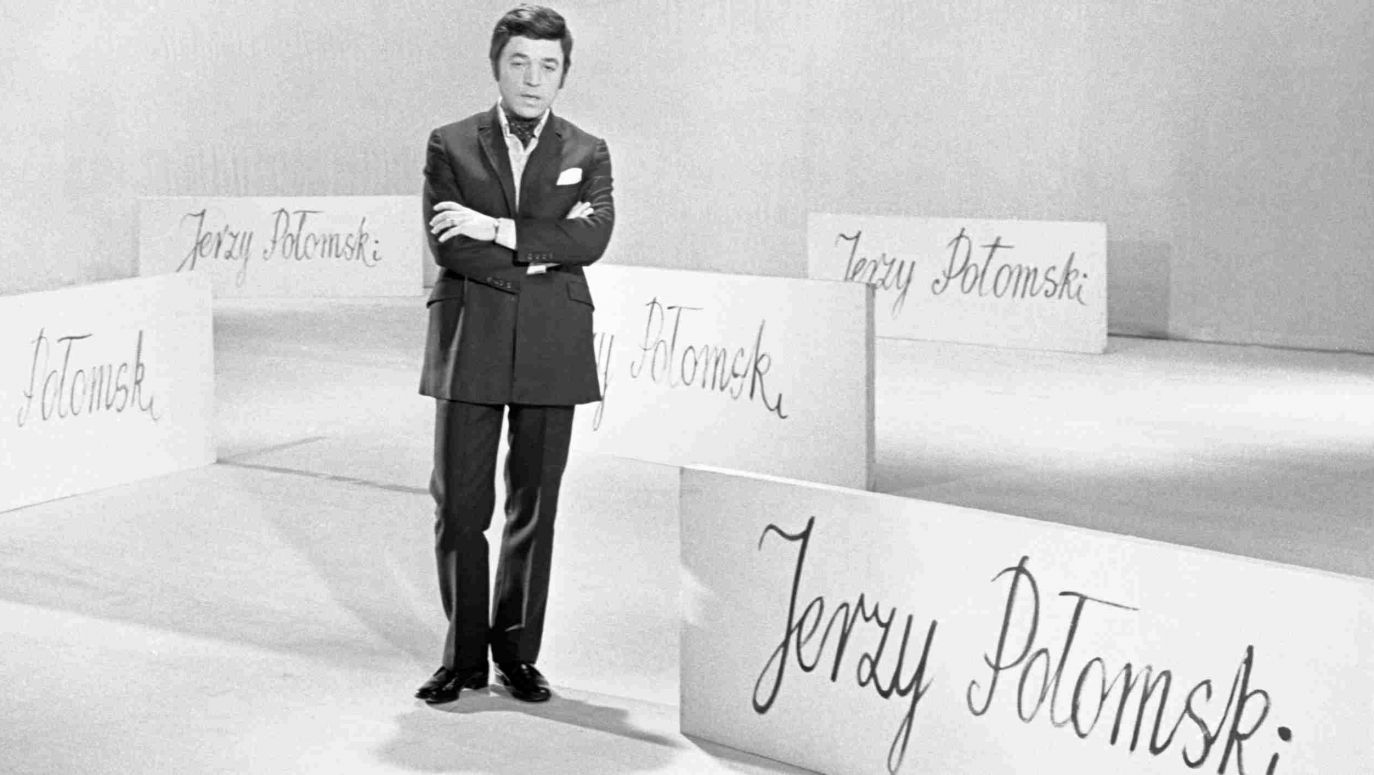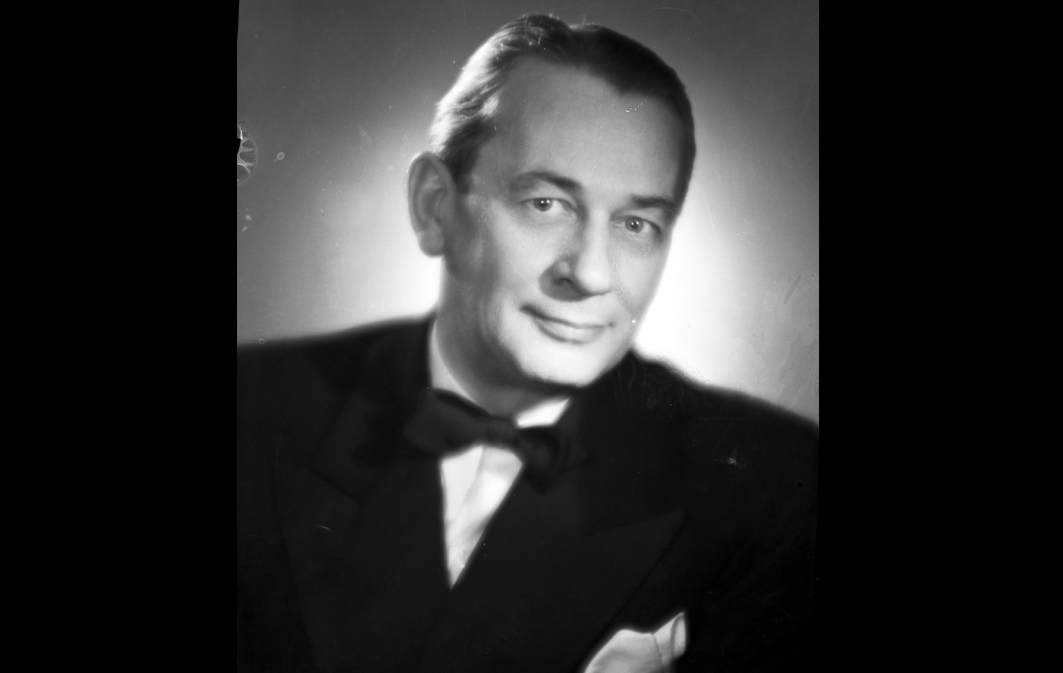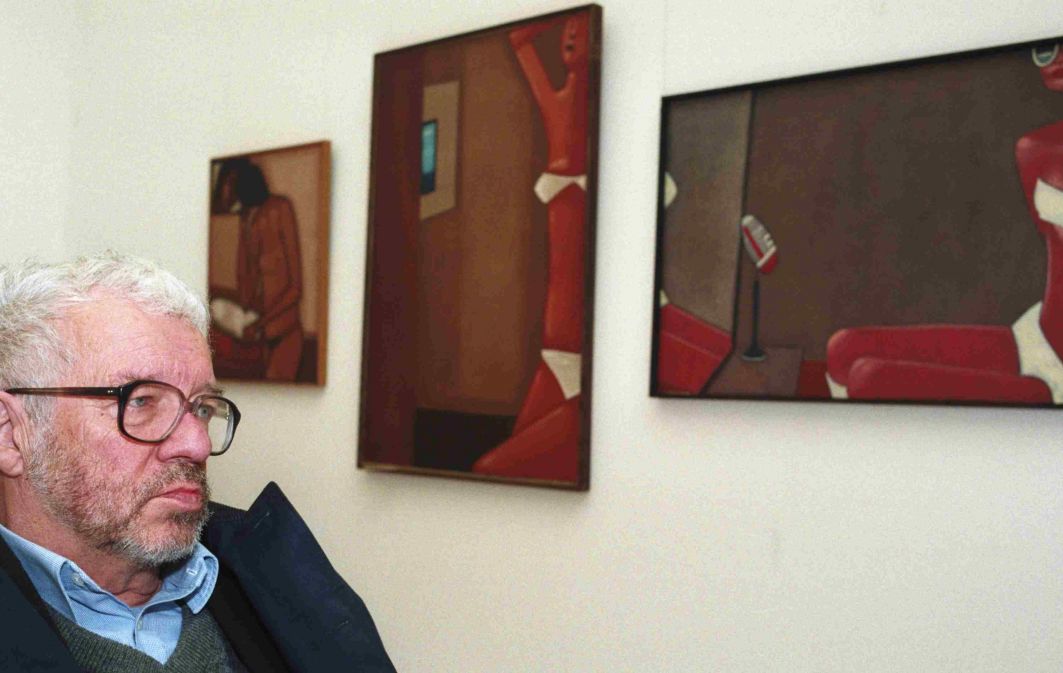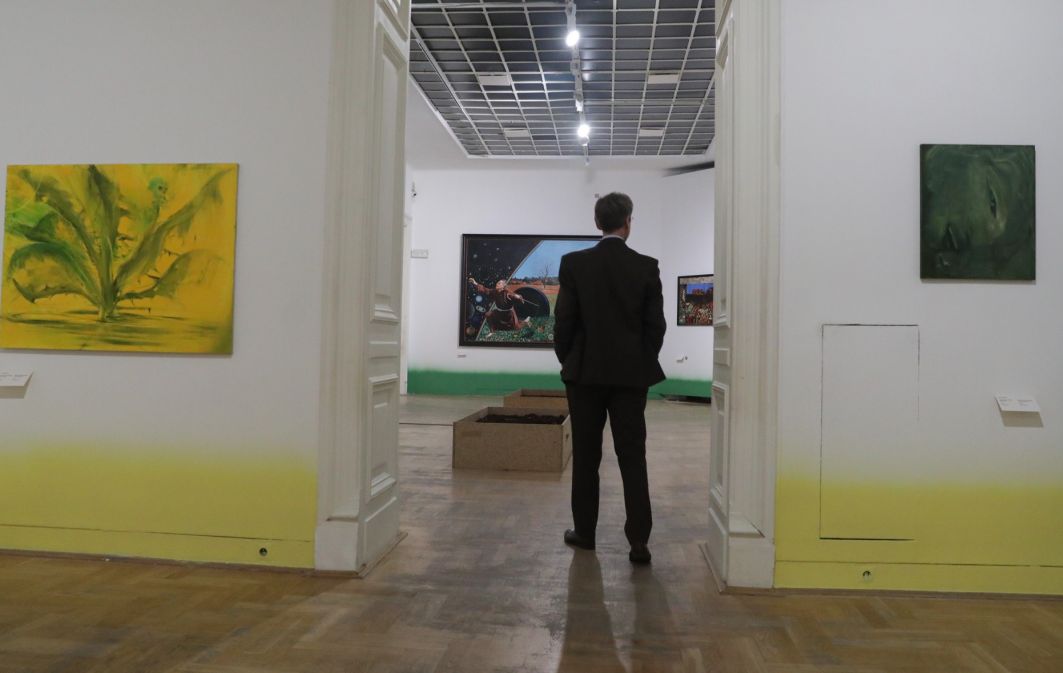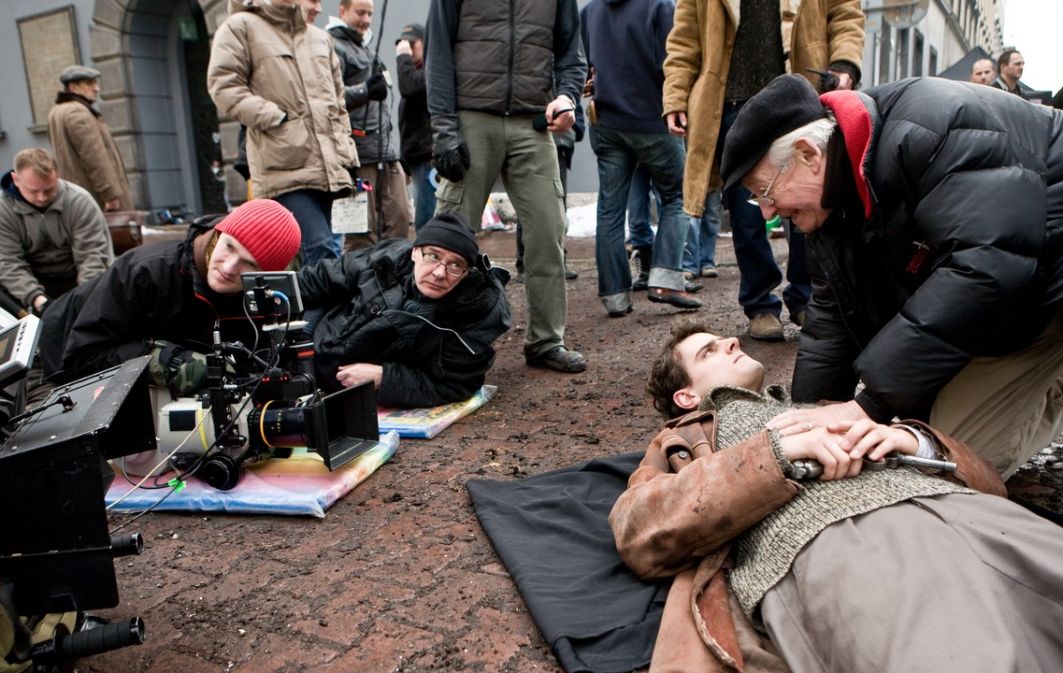He functioned in the Polish song market for six decades. Successfully. Before him, only Mieczysław Fogg could boast such success. Both died at the same age. They were each 89 years old. What they also had in common was their fidelity to the vocal tradition, their adherence to the classical repertoire and their perfect diction.
Jerzy Połomski's baritone resounded at fancy dances, in catering establishments and provincial dance halls. It oozed from the airwaves, jukeboxes, adapters, gramophones, walkmans, compact discs... It guaranteed him spectacular success and a host of trophies.
The singer seemed to be impregnated with musical fashions. Jazz, big-beat, all kinds of rock he carefully avoided. He did his own way, to paraphrase the title of Frank Sinatra's evergreen, to which Połomski was compared. By the way, he had the opportunity to meet the famous American across the Atlantic, where he regularly sang for the Polish community there, during tours organised by the number 1 Polish impresario Jan Wojewódka and his rival Henryk Michalski.
 SIGN UP TO OUR PAGE
SIGN UP TO OUR PAGE

One such recital tour took place at the end of 1981. On 13 December, upon hearing that martial law had been imposed in Poland, the artist extended his stay in Ronald Reagan's homeland. He even received a green card and it seemed that he would settle there permanently. Meanwhile, when our "people's government" took off its uniforms, he unexpectedly returned to Warsaw. He had been associated with it since his studies at the stage department - which, incidentally, was relatively short-lived - of the State Theatre Academy.
Two Mr P.
This was his second academic choice. After graduating from a technical building school in his hometown of Radom, he tried to get into the Warsaw University of Technology. He passed the exams, but was not accepted to the faculty of architecture, as he lacked points for his background - obligatory throughout communist Poland, but especially important during the Stalinist years. And so, instead of designing buildings, bridges, viaducts and the like, in a warm voice he made his compatriots' day.
Before this happened, however, a peculiar personal metamorphosis took place. Jerzy Pająk, as he was born under that name, transformed into Jerzy Połomski when he received his diploma from the Theatre Academy. This was brought about by Professor Ludwik Sempoliński, a teacher of song interpretation, who noticed the exceptional unstageability of his talented pupil's family name.
Already as Połomski, he first tried to make a name for himself on the theatre stage. He was the Poet in Stanisław Wyspiański's Wesele (The Wedding) and King Jan Kazimierz in Juliusz Słowacki's Mazepa, but he did not cause a furore - neither among audiences nor the critics.

 SIGN UP TO OUR PAGE
SIGN UP TO OUR PAGE
 One such recital tour took place at the end of 1981. On 13 December, upon hearing that martial law had been imposed in Poland, the artist extended his stay in Ronald Reagan's homeland. He even received a green card and it seemed that he would settle there permanently. Meanwhile, when our "people's government" took off its uniforms, he unexpectedly returned to Warsaw. He had been associated with it since his studies at the stage department - which, incidentally, was relatively short-lived - of the State Theatre Academy.
One such recital tour took place at the end of 1981. On 13 December, upon hearing that martial law had been imposed in Poland, the artist extended his stay in Ronald Reagan's homeland. He even received a green card and it seemed that he would settle there permanently. Meanwhile, when our "people's government" took off its uniforms, he unexpectedly returned to Warsaw. He had been associated with it since his studies at the stage department - which, incidentally, was relatively short-lived - of the State Theatre Academy. 